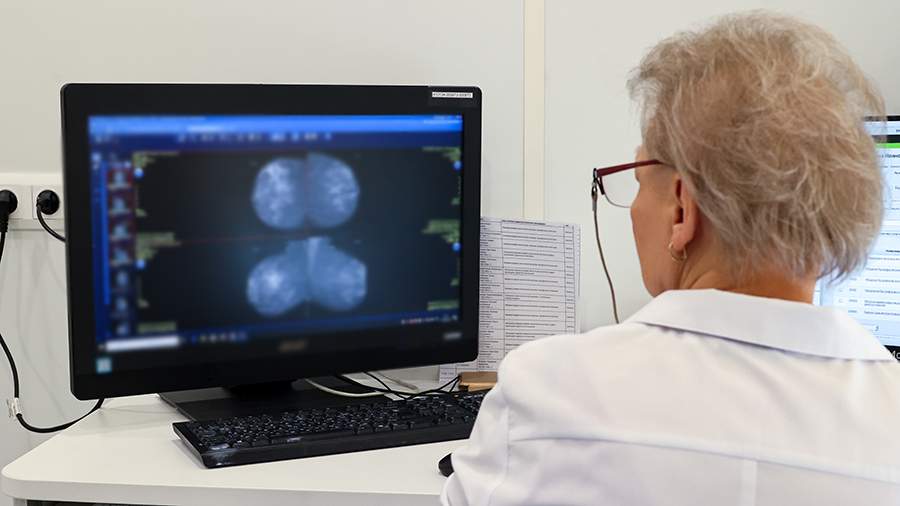Oncologist warned about the effect of ultraviolet radiation on women's breasts

A bronze tan obtained on a summer vacation is extremely popular among many modern people. However, natural ultraviolet radiation carries not only aesthetic bonuses for the female body, but also very real oncological risks, especially in relation to breast tissue. Elizaveta Vasilyeva, an oncologist at the SM Clinic, told Izvestia about this on July 25.
According to her, solar insolation has a dual character. On the one hand, moderate sun exposure promotes the synthesis of vitamin D, an important regulator of mineral metabolism in the body and an activator of the immune system. On the other hand, UV radiation can become a trigger for mutations in breast cells and increase the risk of developing a tumor process.
As Vasilyeva explains, the mammary gland is very sensitive to active ultraviolet radiation, which is known for its ability to increase the production of free radicals, aggressive molecules that damage the tissues of vital organs, including the female breast.
"Active solar radiation not only disrupts the normal cell division in the body, but also accelerates tissue aging, resulting in atypical cells that are potentially dangerous from an oncological point of view. According to a number of studies, constant UV exposure to the body can increase the activity of oncogenes," the oncologist added.
An additional risk factor for women is the effect of ultraviolet radiation on the hormonal background. UV stimulation in breast tissues can enhance the synthesis of female hormones, estrogens, an excessive amount of which is associated with the formation of both benign and malignant neoplasms.
Vasilyeva also recalled that the sun has an overwhelming effect on the immune system. UV rays reduce the activity of T-lymphocytes and killer cells responsible for recognizing and destroying tumors. With a weakened immune system, the body is unable to fully withstand potential oncogenic threats.
The excessive influence of ultraviolet radiation negatively affects the condition of the mammary glands and aesthetically. The skin of the breasts and nipples loses elasticity, wrinkles, undergoes photoaging, hyperpigmentation, and with regular sunburn, inflammatory changes. All this not only worsens the appearance of the breast, but also creates additional conditions for the development of pathologies.
In addition to the risk of breast cancer, solar radiation carries another potential threat — the risks of skin malignancies.
"If you really like to sunbathe and can't give up sunbathing, do it consciously. The safest and most beautiful tan can be obtained in the evening hours, after 17 hours. This is the time of least solar activity, which means there are fewer risks to breast health. And don't forget about sunscreens with a high SPF factor," the oncologist added.
Earlier, on May 28, Marina Gureeva, associate professor of the Department of Pediatric Diseases at the Medical Faculty of the State University of Education, a dermatovenerologist, told Izvestia that the occurrence of rosacea can be affected by sunburn, severe stress, prolonged exposure to high or low temperatures.
Переведено сервисом «Яндекс Переводчик»

